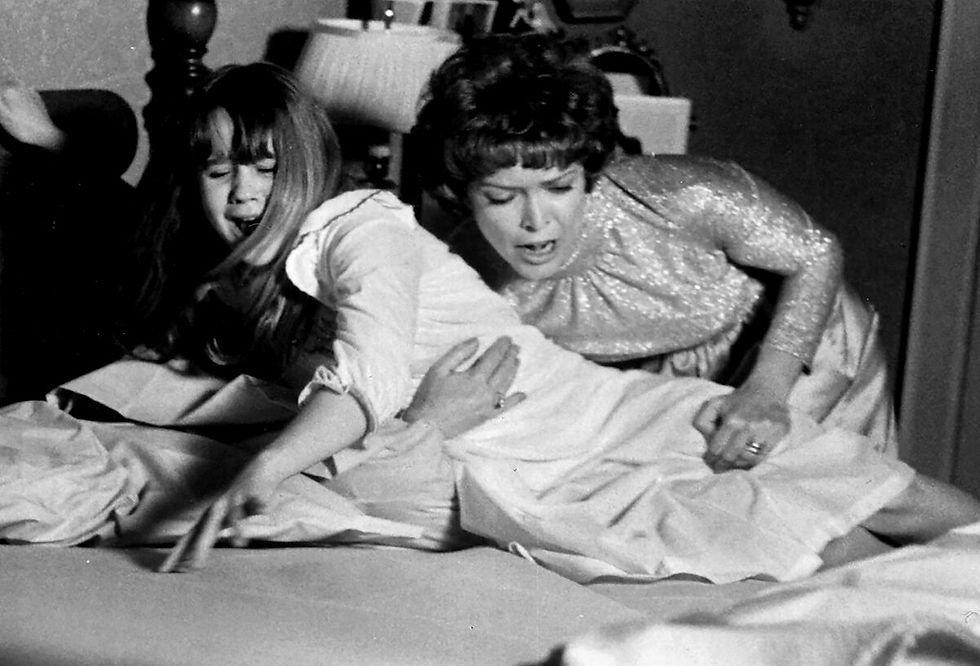Roger Waters: The Unapologetic Intersection of Music and Activism
- Sid Collyns & Antonia Spohr
- Dec 18, 2023
- 3 min read

“Firstly, out of consideration for your fellow patrons, please turn off your cell phones. And secondly, if you are one of those ‘I-love-Pink-Floyd-but-I-can’t-stand-Roger’s-politics’ people, you might do well to f*** off to the bar!” is how Roger Waters unabashedly began his 'This is Not a Drill' concert on November 29 at Estadio Nacional in Peru, with his loud voice resounding over the dark stadium. Instinctively, the crowd erupted into praise.
Waters, a co-founder of the iconic band 'Pink Floyd', is no stranger to politics. From the very beginning of his musical career, during the 1970s, his albums explored political themes like strong anti-war sentiments and the loss of individuality in modern society. Waters' father, Eric Waters, was killed during the Second World War when Roger was merely five months old, which considerably influenced his anti-war views. These led Pink Floyd to write songs like 'Corporal Clegg' (1968), about a shell-shocked soldier who lost his leg in the war, criticizing the pointlessness of war and blind obedience. Waters later commented, "Corporal Clegg is about my father and his sacrifice in World War II. It's somewhat sarcastic—the idea of the wooden leg being something you won in the war, like a trophy." The subtle criticisms and condemnations in Pink Floyd's early albums laid the groundwork for Waters's increasingly defiant social commentary.
With the release of legendary albums "Dark Side of the Moon" (1973) and "The Wall" (1979), Roger Waters's defiant, but still low-key, lyricism became not only more explicit but widely renowned. "Another Brick in the Wall, Pt. 2", a critique of oppressive education systems, turned into a powerful anthem and, eventually, the band's magnum opus, which solidified their status as a band with a powerful social message, transcending the boundaries of entertainment and reaching a worldwide audience. Excluding "Another Brick in the Wall, Pt. 2", both albums had a myriad of insightful songs. "Money" (1973), for example, showcased a profound commentary on materialism in the industrial age.
After Water's departure from the band in 1985, he took up musical activism into his own hands. Since then, his methods for raising awareness have been everything but subtle. Waters has been a vocal supporter of Palestine against Israeli settlement for more than 10 years now, endorsing the BDS (Boycott, Divestment and Sanctions) movement, a campaign with the goal of boycotting Israel. In 2006, when scheduled to perform in Tel Aviv, he decided to move the concert to the multi-faith community Neve Shalom, as "[his] presence on a Tel Aviv stage would inadvertently legitimize the oppression [he] had seen". 60,000 people attended the concert, making it an instant success.

In 2019, Waters wrote an open letter to fellow artist Madonna, who was set to perform in the Israel-hosted Eurovision contest, asking her not to perform. It read:
“Some of my fellow musicians who have recently performed in Israel say they are doing it to build bridges and further the cause of peace. Bullsh*t. To perform in Israel is a lucrative gig but to do so serves to normalize the occupation, the apartheid, the ethnic cleansing, the incarceration of children, the slaughter of unarmed protesters …”
Nevertheless, Madonna continued with the show.
Waters's political views are a fundamental part of his music; he does not shy away from them during performances. He incorporates his personal views about marginalized communities in his gigs using pyrotechnics, smoke generators, and LED screen technology. During the show, Waters displayed pictures and videos of war crimes committed throughout the world that showcased examples of police brutality, racism, and religion-based violence, along with many others. He exhibited names of famous victims of crimes against humanity as a way to challenge oppressive systems.
In his newest world tour, 'This is Not a Drill', he criticizes the recent events of the Palestine-Israel war and continues to be an anti-Israel activist. He compares Israel to Nazi Germany and states that "The parallels with what went on in the 1930s in Germany are so crushingly obvious". Many Jewish organizations have called his behavior and ideals antisemitic, which he has profusely denied. He states that supporters of Israel frequently attack critics as a "diversionary tactic" and conflate anti-Zionism with antisemitism.

Whether one agrees with Roger Waters's political views or not, there is no denying that he embodied an indomitable spirit and fearlessly stood up for what he believed to be right. In a world where artists often approach controversial topics with caution, Waters remains a unique figure who advocates for the intersection of art and activism and invites audiences to engage in critical dialogue. As Roger Waters pushes boundaries and challenges norms, he reminds us that music can be a powerful force for social change, transcending entertainment to inspire thought and inspire action.



Comments